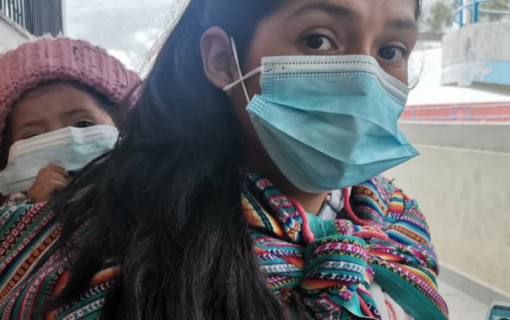Nicaragua: International Donor Meeting and Needs Assessment Final Report
EXECUTIVE SUMMARY
The United States Agency for International Development (USAID) in Managua offered its assistance to the Consejo Supremo Electoral (CSE) in the planning and financing of an international donor conference held on July 26, 1994. The conference was intended to bring together all of the international organizations and countries that potentially might donate funds, commodities, and technical assistance to the CSE in preparation for the 1996 elections in Nicaragua. A second phase of the project was to develop a needs assessment specifically for USAID and to facilitate planning activities which outlined the areas in which assistance would be useful and in what ways that assistance might be provided by USAID.
The International Foundation for Electoral Systems (IFES) was selected by USAID, through a competitive bid process, to conduct this assessment. The IFES team members were Dr. Gonzalo Brenes, former President of the Costa Rican electoral tribunal. Enrique Raven, current department director in the Venezuelan electoral council; and Roger H. Plath, IFES Program Officer for The Americas. IFES conducted a detailed analysis of the Nicaraguan electoral system' in June of 1993.
As evidenced by the document prepared by the CSE and IFES for distribution at the donor conference, there are many areas in which USAID could provide valuable assistance. IFES recommends that US AID consider assistance in the following areas,(listed in order of priority):
1. Assistance in the development and refinement of the Civil Registry, Cedulaci6n, and Permanent Voter Registry. The Civil Registry is critical because it is the foundation upon which the Permanent Voter Registry and the new ID card (cedula) is based.
Although assistance can be given to individual projects, or even components of individual projects, these three projects (Civil Registry, Cedulacion, and Permanent Voter Registry) are interrelated. The existing civil registry is used to help verify the accuracy of cedula (national identification documents) applications. Data obtained from the cedula applications is used to verify the accuracy of the civil registry. Finally, the Permanent Voter Registry is then created by extracting all eligible citizens from the completed Civil Registry.
2. The training of electoral officials is necessary to ensure a successful election on the procedural grounds. Priority should be given to the training of pollworkers and political party poll watchers (Fiscales). Training for these two groups is cost effective as the material to be taught is essentially the same for both, allowing training for both groups to be conducted simultaneously.
3. The CSE's civic education project has a dual purpose: completion and maintenance of the ID card project. Nicaraguans are not accustomed to registering births or deaths nor to using and maintaining the cedula.. Also, it will be needed for all essential public transactions. Therefore, citizens must be made aware of these new functions. The CSE project would also include voter motivation and education materials.
4. A limited, efficient sized international election observation mission is an important component because of the impact which such a presence has on the validity of the process while keeping potential donors and the international community informed.
5. Funding for the deployment of political party poll watchers (Fiscales) should be considered. The Fiscales provide a defense against electoral fraud while simultaneously involving large numbers of citizens in the electoral process. If funds permit, USAID should provide financial assistance in this area.
In recent elections, the CSE has helped the political parties by providing funds for the purpose of training political party representatives in the principles and procedures of the electoral process. The CSE, however, is not legally obligated to provide this assistance to the parties. At the time of IFES' visit, the CSE had determined neither whether it would provide this assistance in 1996 nor, if so, how much. USAID should discuss these issues with the CSE prior to committing funds for this activity.
Read the Full Report.









